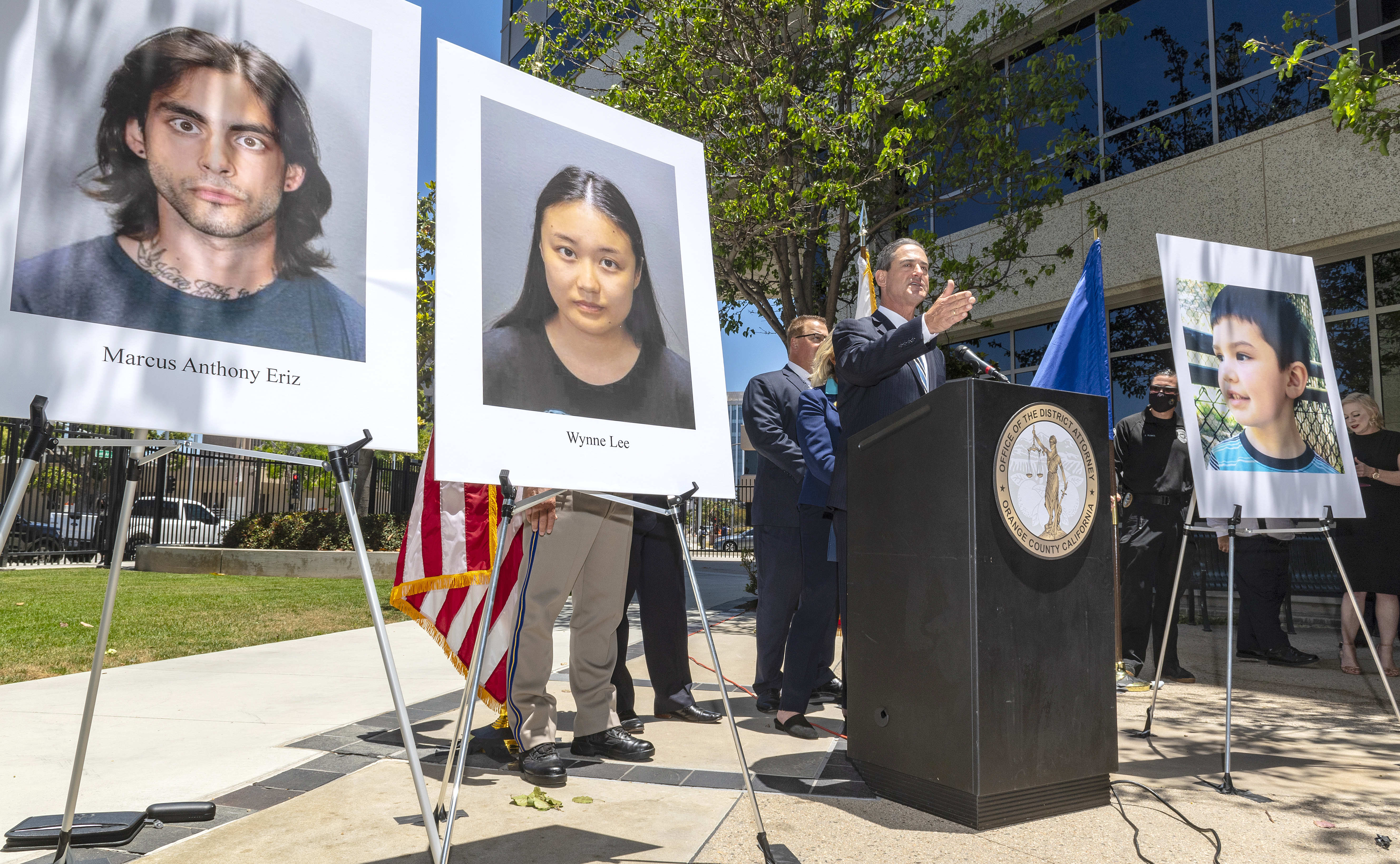At least one LA fish wholesale company is taking precautions after the discovery of fallout in some foods in Japan.
At International Marine Products in downtown LA, managers switched to buying fish caught in southwestern Japan instead of northeastern Japan, where the disaster at a nuclear facility occurred.
"Our company's policy is safety first, no matter what happens to United States regulations," said Toshihide Kawai, the assistant manager of International Marine Products.
FDA officials said fish arriving from Japan is screened for radiation before it's made available to the marketplace.
There could be a shortage of some fish, like yellowtail and snapper. Tuna and salmon are not affect because they usually come from suppliers in the United States and Europe.
Asanebo, in Studio City, is one of the many LA sushi restaurants that buys from International Marine Products.
"I've been coming to Asanebo for 20-some odd years," a customer said Monday. "These guys are so good and so experienced that wherever they get it from, it's going to be excellent."
Local
Get Los Angeles's latest local news on crime, entertainment, weather, schools, COVID, cost of living and more. Here's your go-to source for today's LA news.
The LA County Health Department issued a statement Monday regarding radiation and food:
"Food and livestock produced and grown in California are not at risk as there is no indication that harmful levels of radiation will reach our state. Drinking water supplies in Los Angeles County are frequently monitored to ensure safety. There is no risk to the water supply. Food and other products previously imported from Japan into our state are also safe as these were produced and distributed well before this tragedy occurred.
"There may also be concerns over airline passengers arriving in LA County from Japan. Let me reassure you that these passengers do not pose a health risk to others as a result of this unfortunate situation in Japan. Most passengers are being screened for possible radiation contamination upon arrival at Los Angeles International Airport (LAX)."
Radiation Reality Check
Q: What's the danger?
A: Radioactive iodine, from food or the air, can build up in the thyroid, leading to thyroid cancer years later. Young children and pregnant women are at greatest risk. Thyroid cancer is one of the least fatal cancers if treated promptly. Radioactive cesium can build up throughout the body, is harder to eliminate and high levels are thought to be a risk for various other cancers. But it takes quite high exposure to harm, says Mettler: In contaminated villages around Chernobyl, thyroid cancer was documented. But if there was an increase in any other cancer, it was too small to detect, he says.
Q: In what foods in Japan have these radioactive elements been found?
A: Iodine has been found mostly in milk and spinach, but also in chrysanthemum greens, leeks and a few other foods. Cesium also has been found in some vegetables. Levels found so far range from trace amounts to milk with iodine levels five times the acceptable limit, and in spinach, iodine levels 27 times the ceiling. Officials soon will test seafood.
Q: If you ate that, what would it mean?
A: You'd have to eat 2 pounds of the most contaminated spinach to absorb about as much radiation as you'd get from a CT scan of the head, says Dr. Clifford Chao, radiologist-in-chief at New York-Presbyterian Hospital. People who drank milk with the highest measured levels of iodine for two weeks would absorb less than a year's worth of natural background radiation, according to a report from British environmental radiation group, Mike Thorne and Associates Ltd. But infants would absorb more than adults.
Q: What about breastfeeding?
A: Radioactive iodine could be in breast milk if nursing mothers in Japan were exposed; potassium iodide comes in doses for infants, too, if needed.
Q: What's being done to make sure contaminated foods don't reach consumers outside of Japan?
A: China, South Korea and a number of neighboring Asian countries have ordered radiation monitoring of food imports from Japan. "There is no risk to the U.S. food supply,'' the U.S. Food and Drug Administration said Monday. Foods from Japan make up less than 4 percent of all U.S. imported foods, but the FDA said it would "be paying special attention'' to imports from the earthquake-affected area.
Q: How does radiation get into food anyway?
A: Fallout can land on crops in fields and wash into the soil to be soaked through the roots. Livestock can eat contaminated animal feed. It's possible seafood could be affected from contaminated water, although in the ocean "dilution would be huge,'' Mettler said.
Q: What about canned or other foods stored before the earthquake -- can residents eat that?
A: The WHO says radioactivity cannot contaminate sealed packaged foods, and that cropland can be covered with tarps and livestock brought into barns and fed clean feed.
Q: How long will radiation be a food threat?
A: Radioactive iodine decays quickly, with a half-life of eight days, meaning the length of time it takes for half of it to break down harmlessly. "In a couple of months, the iodine is a non-issue,'' says Mettler. Cesium, however, can stay in soil for 30 years. But animals intended for slaughter can be given clean feed for a few months until cesium in their bodies drops to safe limits, he says. Also, the radiation stays only in the top inches of soil so deep plowing can make a field safe to use.
Q: Wait a minute, the U.S. and other countries irradiate certain foods to kill bacteria. How is that different?
A: No radioactivity is left in irradiated foods because the energy used, from such sources as X-rays and electron beams, is too low. The FDA, World Health Organization and other authorities have repeatedly found the process to be safe.



